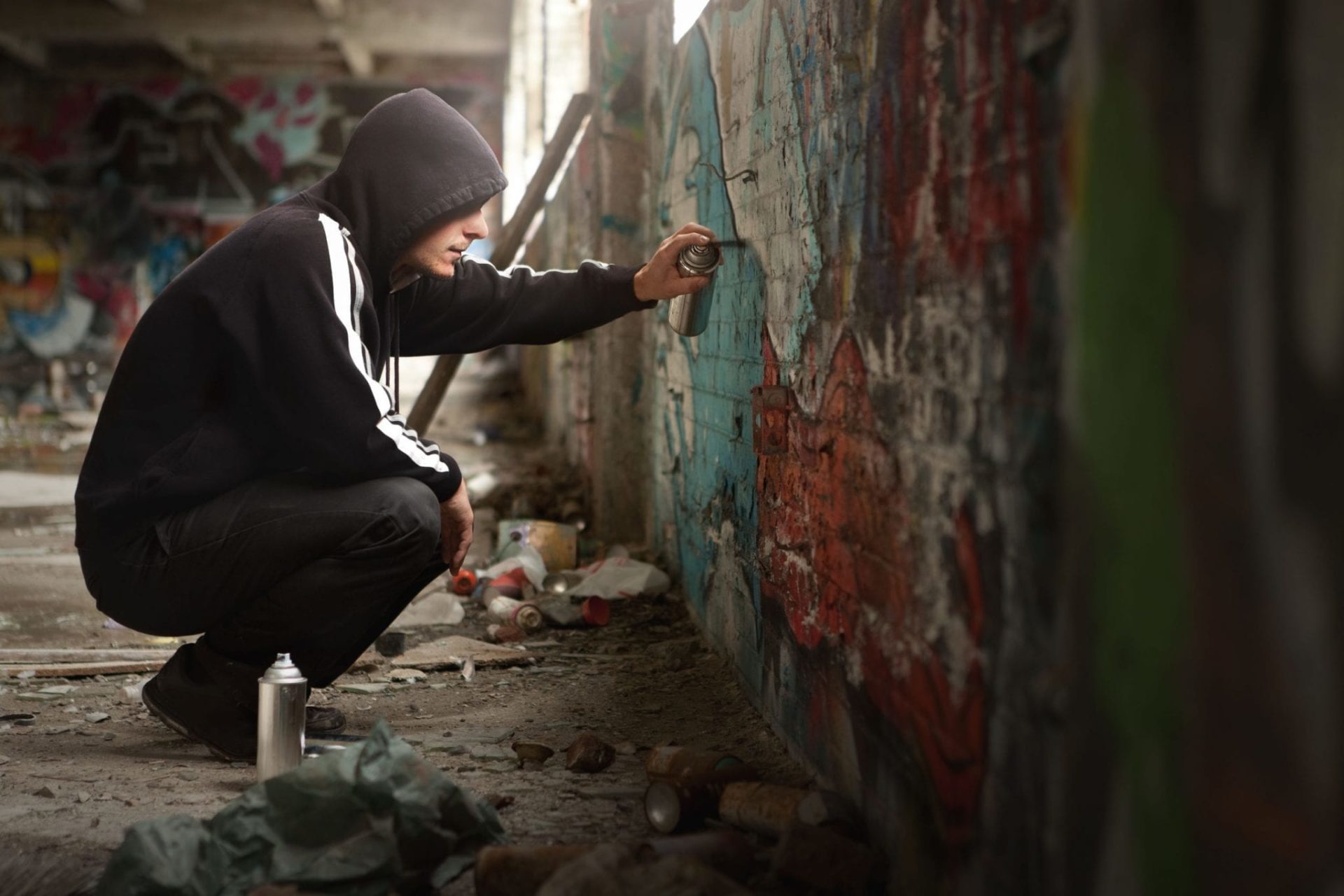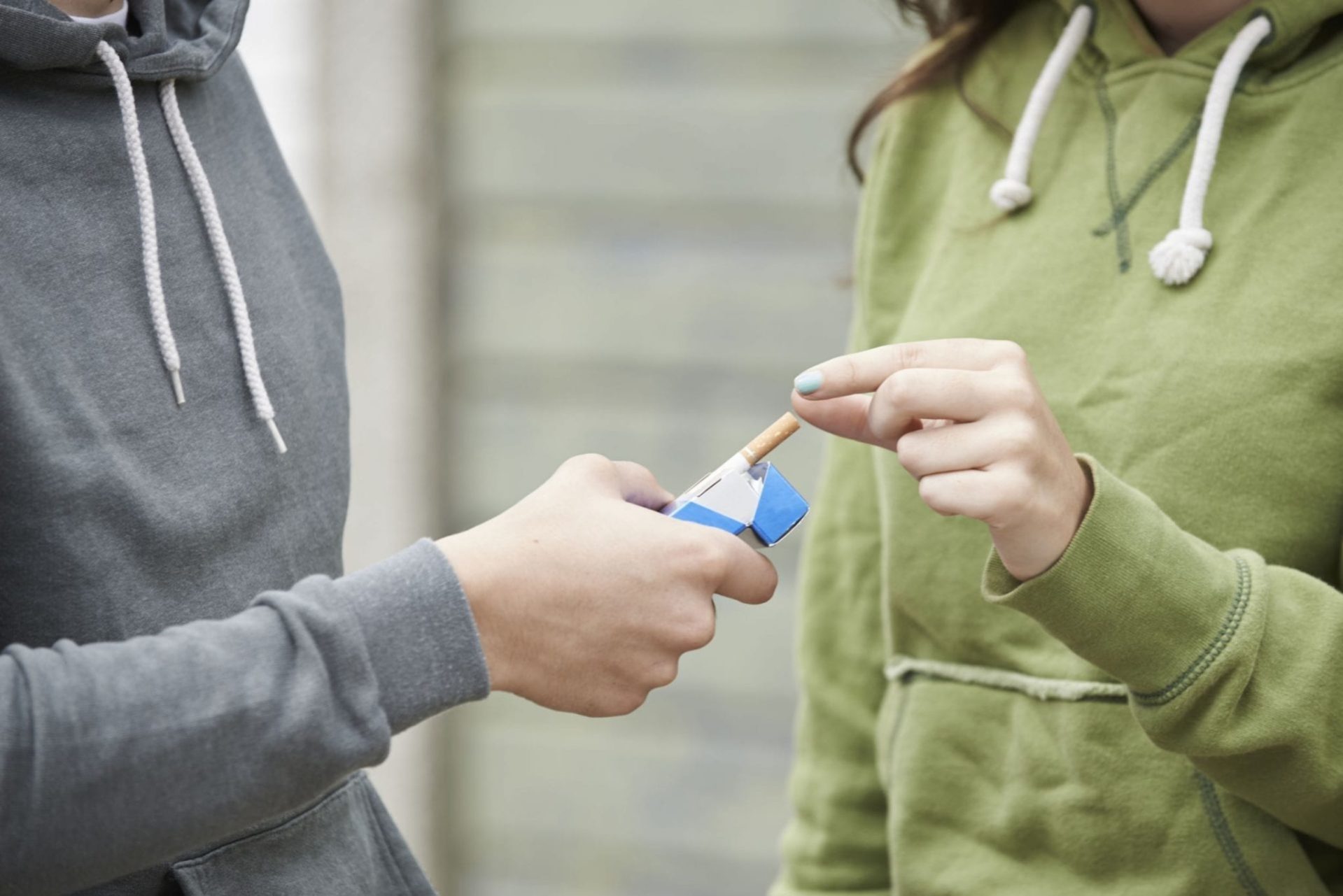Five of the Most Common Juvenile Crimes in Chicago
Most teenagers rebel to some extent, and many are involved in petty crimes to some degree. Unfortunately, that probably won’t bring you much comfort if you get a call that your son or daughter has been arrested or a cops knocks on your door with them in tow.
If your child has been charged with a crime, it can’t help but be a stressful and nerve-racking experience. As a parent, you have your child’s best interests at heart, and want to make sure that his or her rights are protected. You worry about their future. What will this do to their chances of getting into a good school? Being successful five or 10 years down the road?
The best way to fight for your teen’s rights and future is to work with an experienced Chicago juvenile crimes attorney.
What if you’re simply worried that they’re going to get into trouble, though? Can you prevent it? What should you watch for?
Here are some of the most common juvenile crimes and behaviors to keep an eye on.
Criminal Offenses That Juveniles Typically Commit
Theft/Larceny. A juvenile’s criminal activity often begins with larceny, or petty theft. In these cases, kids or teens may steal something that is inexpensive or replaceable. For example, a lawn ornament.
Most of the time victims of these crimes find that the hassle of reporting them isn’t worthwhile, so the child goes unpunished. The danger here, however, is that the child or teen becomes emboldened, and feels that he or she can get away with anything. Therefore, these relatively petty crimes can encourage kids to move on to more serious crimes that are more likely to result in charges. If your child has been involved in a theft, it’s important to impress upon them the seriousness of the matter.
If charges have been pressed, diversion programs may be an option for petty crimes, especially if he or she is a first-time offender. These programs are aimed at avoiding criminal convictions that could tarnish future educational or employment prospects, and instead rehabilitating offenders through activities such as community service.
Vandalism. Vandalism refers to the intentional destruction of another party’s property. The severity of vandalism charges, which range from misdemeanors to felonies, depends upon the cost of the damage as well as the intent. For example, gang-related graffiti is charged more severely than non-gang-related graffiti. Teens often engage in vandalism as an act of rebellion, and may also be persuaded to participate by peer pressure.

As a parent, you will most likely be held responsible for restitution of the damaged or destroyed property, including cleaning, repairing, or replacing the property in question, depending upon the nature of the offense. In Illinois, the Parental Responsibility Law limits liability of parents to $1000.
Assault. Most people don’t think of kids and teens physically assaulting others, but often that’s just because of the terminology used. “Assault” can include things like bullying or fighting with peers, as well as assault of adults outside of school. Whatever the situation, assault is a very serious crime.
If your child has a history of assault or is facing assault charges, there are several things you can and should do as a parent. If charges have been pressed, immediately retain legal counsel, as this will make sure that your child’s rights are protected. Second, look into how and why the assault happened, and consider how it might be prevented in the future. This may mean limiting your child’s contact with certain friends or groups. It may also be worth looking into psychotherapy or another behavioral intervention.

Illegal Purchases. Purchase of age-restricted substances such as alcohol and tobacco is a very common juvenile crime, as is purchase of substances that are illicit for adults as well. In the case of alcohol and tobacco, kids and teens may use fake ID’s, which can open them up to further charges. Illegal purchase charges range from misdemeanors to felonies depending upon what is being purchased and in what context.
In addition to criminal charges for illegal purchases, which can be quite severe, in many cases the substances purchased can not only bring harm to your child, but also potentially lead to more criminal activity. Especially with illicit substances, your child may become addicted, which can result in them engaging in further criminal behaviors, such as theft or even prostitution, to support their habit.
Criminal Trespass. Kids and teens often trespass onto private property, sometimes to commit other crimes, and sometimes simply for entertainment. In Illinois, criminal trespass is usually considered a misdemeanor, with the class of misdemeanor depending upon where the alleged trespassing occurred and what the intent was.
However, a criminal trespass misdemeanor charge is still quite serious. In some rare cases a criminal trespass may be charged as a felony, such as trespassing onto federal property or nuclear facilities.
Our criminal trespass statute is particularly complex, and there are many variables and exceptions. It is therefore imperative to find legal representation with an excellent knowledge of Illinois criminal trespassing laws, and a proven successful track record in similar cases.
About the Author:
Andrew M. Weisberg is a former felony prosecutor who now serves as a defense attorney in the greater Chicago area. He has extensive experience in handling all types of criminal cases, from sex offenses and domestic violence to retail theft-related crimes, murder, and drug crimes.







 Blog Home
Blog Home 










